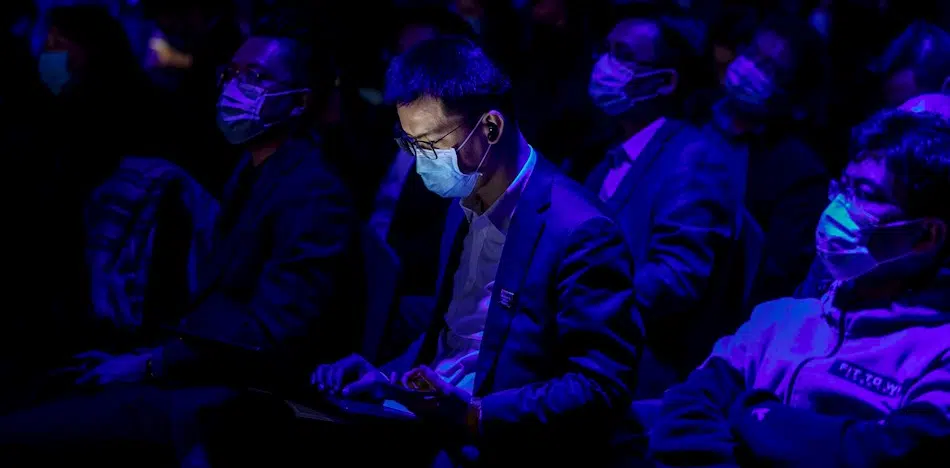
Spanish.- A recent leak of documents about companies of paid hackers serving Chinese authorities sheds light on how the dark cyber world of the Asian giant operates. Company executives not only sought money by paying political favors but also colluded with competitors to manipulate government contract bids.
Although reports only describe the operations of I-Soon, founded in 2010, this practice of paid hackers has become common in China. Many companies in this niche multiplied in response to the regime’s high demand for foreign intelligence data. However, this particular leak demonstrates how this company carried out cyberattacks in Hong Kong and Taiwan.
- Read next: The key points of President Biden’s State of the Union speech
- Read next: Anti-Israel Boycott Leads to 2000 Layoffs at Starbucks
Courting officials during luxurious dinners and nighttime drinking sessions became commonplace for executives, according to the chats that came to light. They also discussed buying gifts “and which officials liked red wine,” according to the Associated Press review. “Introduction fees” were another important tool for securing “projects,” such as $40,000 paid to an intermediary who secured a contract with the police in Hebei province. Many of I-Soon’s clients “were police officers in cities across China.”
The founder of I-Soon, a “red hacker”
Thus, relationships are woven between dinners, under-the-table payments, and even karaoke with women, which culminate in cyberattacks against enemies thousands of kilometers away. It is no coincidence that recently Christopher Wray, director of the Federal Bureau of Investigation (FBI), spoke about the increased Chinese espionage against the United States “on a scale greater than we had seen before.”
The personnel of I-Soon alone outnumber the FBI’s cybersecurity personnel by “at least 50 to one,” as stated by Wray himself. The story continues as the founder of this paid hacker company is a member of the Chinese Communist Party (CCP). His name is Wu Haibo, and he even defined himself as a “red hacker.” Therefore, I-Soon is “part of a contractor ecosystem with links to the patriotic scene of Chinese hacking,” says John Hultquist, chief analyst of Google’s cybersecurity unit Mandiant.
However, the work of these computer experts also includes domestic operations in China. The victims would be ethnic groups and dissidents who are then monitored and persecuted by the police thanks to that information. The issue becomes more sinister when mentioning the torture suffered by religious minorities, such as the Uighurs in the Xinjiang region, who end up in “reeducation” camps where they are forced to do forced labor and renounce their faith. It all works as a violent ecosystem that begins with orders for persecution from Xi Jinping, passes through computer labs, and ends with the raw testimonies of the victims.
China vs. US in elections
Governments, foreign telecommunications companies, and online gambling companies within China are also on the target list. As an example, Washington fears a massive attack during the electoral season in the United States that could affect everything from water treatment plants to power grids.
“The People’s Republic of China has a hacking program larger than that of all major nations combined,” Wray told the House Select Committee last January. Social networks would not be the exception; in response to whether the Chinese regime could censor one of the candidates on TikTok, the FBI chief admitted that, according to Chinese law, “that would be something they would be allowed to do.”
 Versión Español
Versión Español













